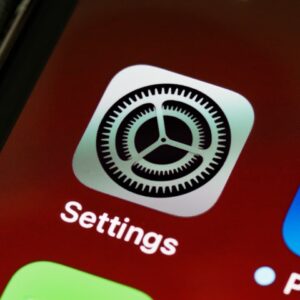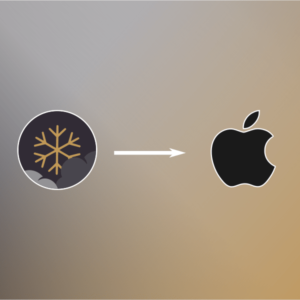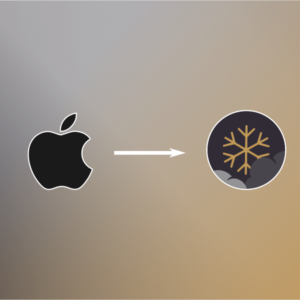Web Real-Time Communication (WebRTC) is a collection of standardized technologies that allows web browsers to communicate with each other directly without the need for an intermediate server. This makes WebRTC faster and reduces the lag for communication, where an intermediate server is not inherently needed. For these reasons, WebRTC is often used for streaming, video chatting, and file sharing.
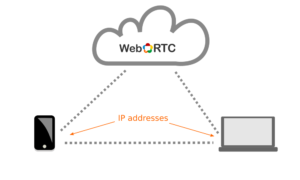
WebRTC allows devices to communicate directly without an intermediate server.
In online communication, the IP address is of great importance. Similar to your physical home address, the IP is your address on the internet. You need it to receive the data packages. As you can see on the image below, you have a non-unique local IP address and a unique public IP address.
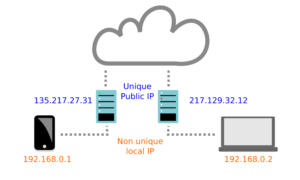
Your device has a non-unique local IP address and a unique public IP address. The public IP address is often used for tracking but VPNs can be used to hide it.
Since the public IP address is often used for tracking you around the web, VPNs are the most used tool to hide it from third parties. However, if two devices want to communicate with each (for example through WebRTC), they need to know each other’s public IP address.
Websites often abuse WebRTC to make your device reveal its true public IP address, even though you’re using a VPN. This is called a WebRTC leak. It is hard for VPN providers to prevent WebRTC leaks if your browser does not protect you. Therefore, it is of great importance to use the right browser in combination with a VPN.
WebRTC leaks on iOS
Because of the closed nature of iOS, the possibilities for users to influence, whether their device is prone to WebRTC leaks or not, is highly limited. Most browsers on iOS leak the true IP address, but there is usually nothing users can do against this. Therefore, choosing the right browser on iOS is essential, even more so when using a VPN, as a WebRTC leak may defeat the entire purpose of using a VPN.
You can check if your device leaks the IP address on browserleaks. We conducted a test with the Brave browser. You can see the results in the screenshots below.
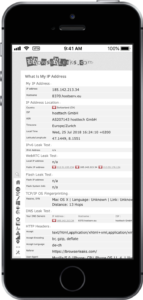
As you can see, Brave does not protect you from WebRTC leaks. Even if you are using a VPN to protect your IP, Brave will still leak it. The test was conducted with browserleaks.com
Obviously, we at SnowHaze are aware of the risks associated with WebRTC – we even took the time to write this blog post. When designing SnowHaze, we made sure that your real IP address is never leaked. You can test for yourself: download SnowHaze for free from the App Store and test if your IP is leaked with WebRTC when using our (or any other) VPN. Below there’s a screenshot of test we conducted with SnowHaze.
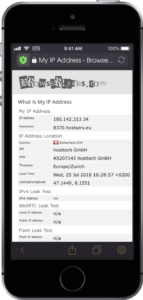
As you can see, SnowHaze protects you from WebRTC leaks. The test was conducted with browserleaks.com
Summary
Many online services abuse WebRTC to get your real IP address when using a VPN. Especially on mobile platforms, using the right browser is of great importance. Most browsers will leak your real IP address, and there is not much, users can do, besides switching browser. When designing SnowHaze, we made sure you could use SnowHaze and a VPN without leaking your real IP.
